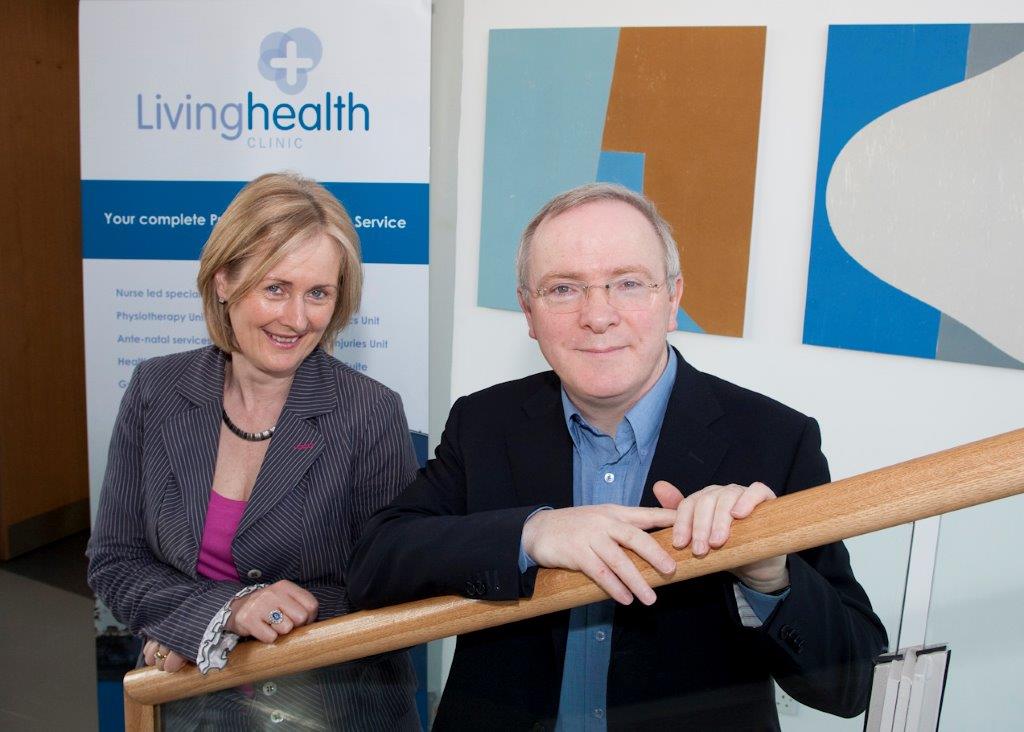In This Section
- Home
- Research & Innovation
- Stories with Impact
- College Team
- Programmes
- Hospital Partners
- Community Partners
- Jennings Gallery
- Graduate Studies
- Programmes for International (Non-EU) Students
- Interprofessional Learning (IPL)
- ASSERT
- Dr Ashleigh Byrne-O’Brien Memorial Fund
- iEd Hub
- Inaugural Professorial Lecture Series
- Learning, Teaching & Curriculum
- Philanthropic Lectures
- UCC Academic Health Sciences
- Continuing Professional Development
Diabetes and Heart-Disease Screening Study in Mitchelstown

Academics and researchers from University College Cork’s Department of Epidemiology and Public Health have announced details of the Mitchelstown follow up study. The study seeks to understand the causes and underlying trends of heart disease and diabetes in middle aged men and women.
The study, which is funded by a research grant from the Irish Health Research Board, will rescreen 2000 men and women aged between 55 and 75 who attended the last screening in 2010/2011. The research team will examine a range of factors such as changes in diet, obesity, physical activity, blood pressure and blood lipids.
Professor Ivan Perry Professor, Head of The Department of Epidemiology & Public Health University College Cork, and principle investigator of the Mitchelstown study states that ‘Over the past 30 years we have had more than a 50% fall in death rates from heart disease and stroke in Ireland, while at the same time there is a steady increase in obesity and diabetes. We need to get a deeper understanding of the factors driving these trends. This is the core objective of the Mitchestown study. We look forward to sharing these results with the scientific community and the general public’.
With increasing numbers of undetected diabetes in our communities, the research team are grateful to the men and women who participated in 2010, and it is hoped that as many as possible will re-attend in 2015. The health checks will be carried out in the Living Health Centre, Mitchelstown, Co. Cork.
A new website has been launched for all participants which contains results from previous studies: http://group.hrbchdr.com/
Academic Health Sciences
Acadúil na nEolaíochtaí Sláinte
Contact us
College of Medicine and Health, 3rd Floor, Erinville Hospital, Western Road, University College Cork, T12 EKDO
